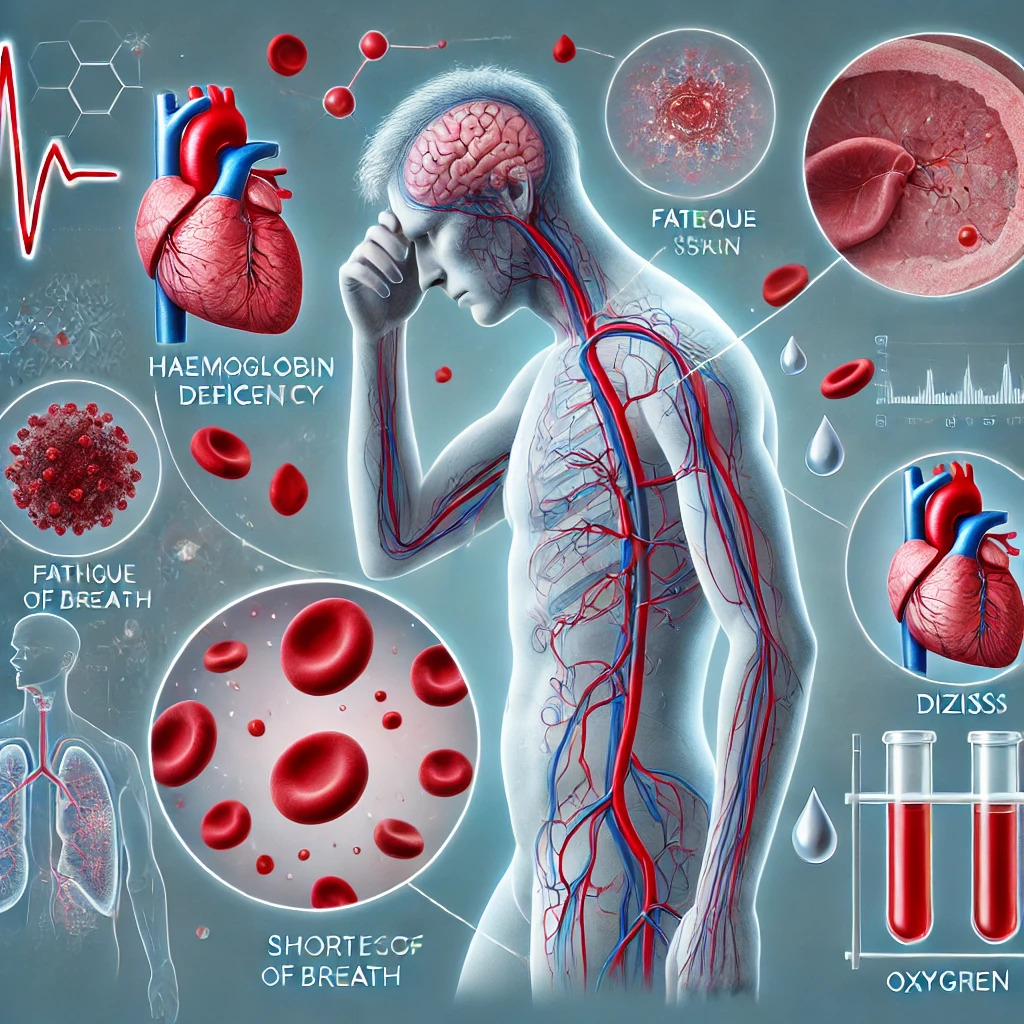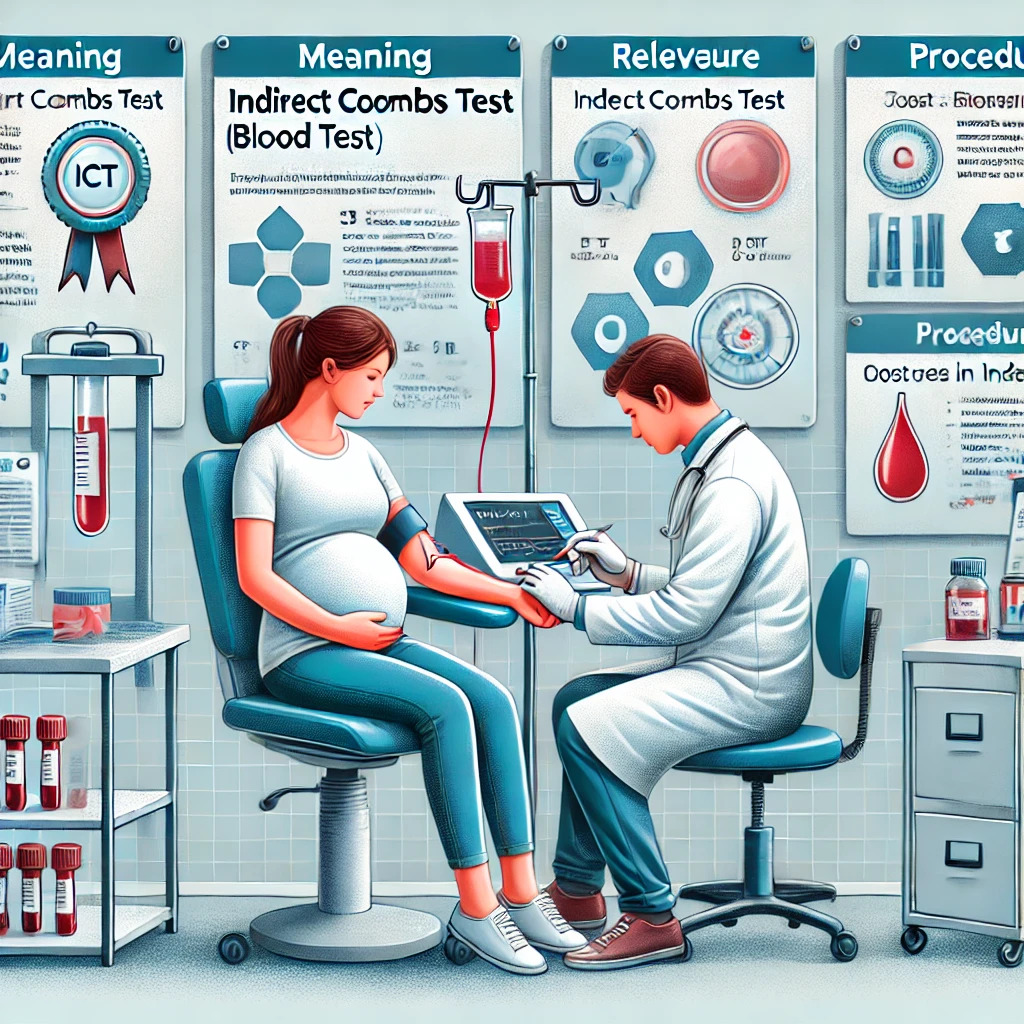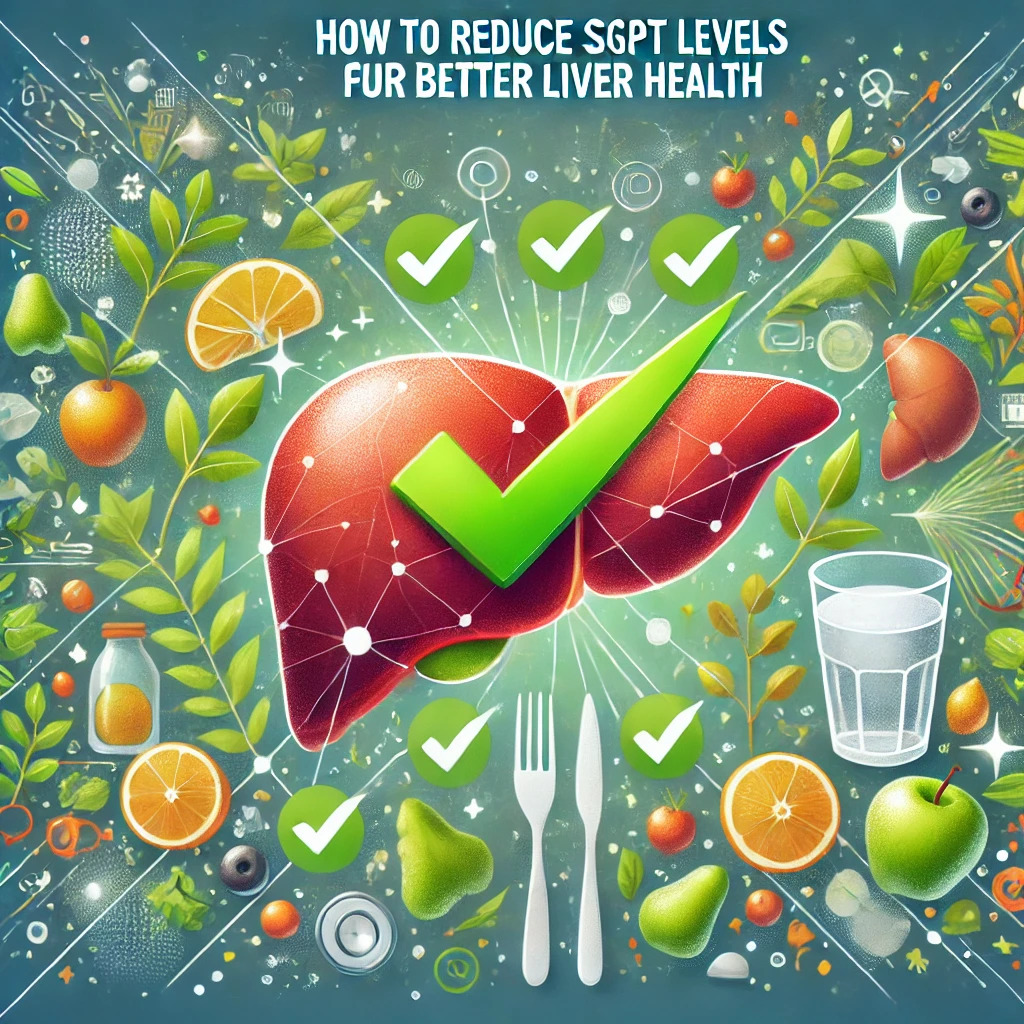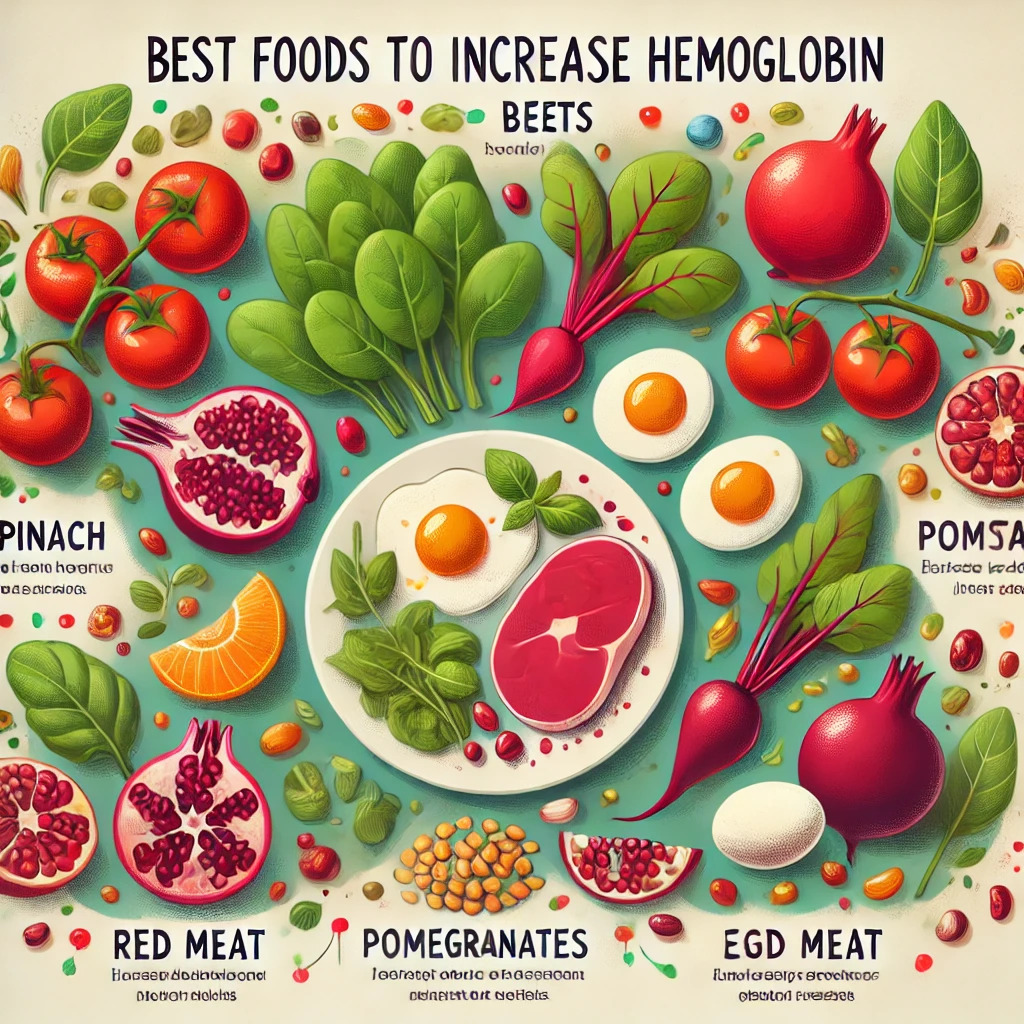Vitamin D Blood Test Cost- All You Need To Know About This Superhero
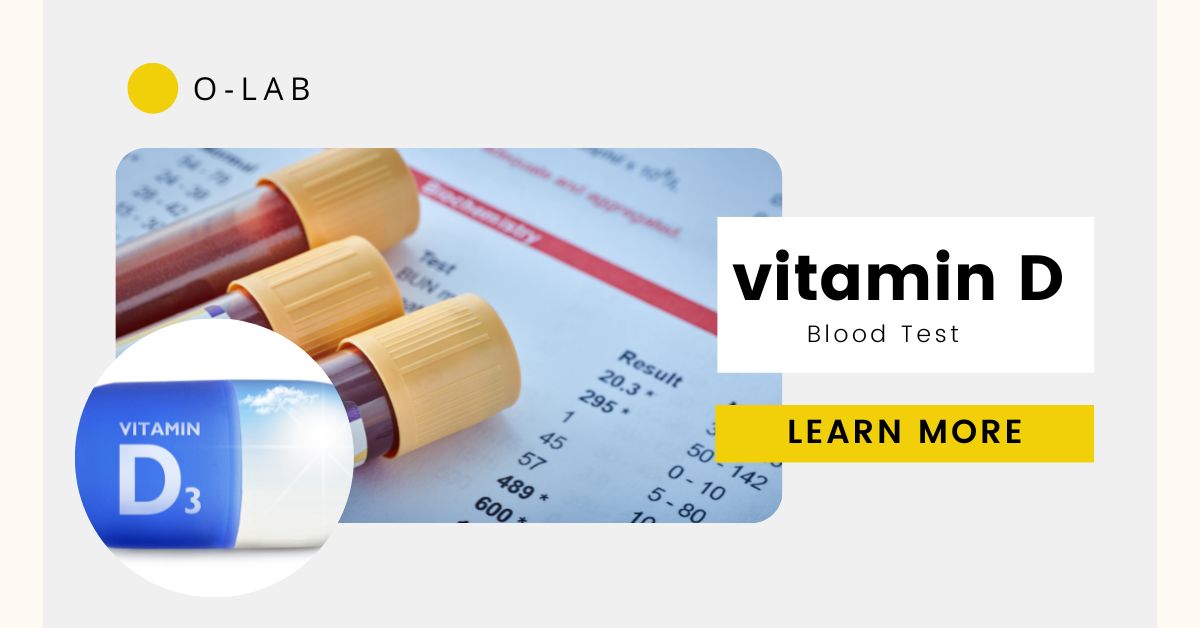
This article sheds important light on the importance of Vitamin D blood tests in maintaining your health and well-being, why both Calcium and Vitamin D are crucial for bone health, natural sources of this vitamin, the significance of these blood tests, their cost, and more.
People around the world including Indians are increasingly being found to be deficient in Vitamin D. Vita comes from the Latin word meaning life which means that vitamins are essential to life.
Vitamin D is both a vitamin and a hormone. Its deficiency can lead to multiple symptoms and must be corrected.
Vitamin D Blood Test And Its Cost:
Vitamin D is a fat-soluble vitamin that our bodies are capable of making. It can also be taken from many food sources. It has two forms- D2 produced mainly by plants, and D3 which is produced in the body after exposure to sunlight and is also found in animal sources.
Its deficiency can be corrected through supplementation and some lifestyle changes like safe sun exposure. Another name for this vitamin is calciferol.
It is also called the sunshine vitamin as sunlight helps our bodies manufacture our own Vitamin D. Its levels can be easily checked through a simple blood test. Vitamin D blood test costs may range between INR 500-1500 depending on the region you live in. It is a simple blood test that requires no preparation or fasting. Your doctor may have some advice for you before the test.
Functions of Vitamin D
Studies have found that Vitamin D receptors are present in several tissues and organs in the human body which clearly hints at its role beyond bone health.
Some important functions of Vitamin D are:
- Absorption of calcium and phosphorus, maintaining bone health and muscle strength.
- May have some role in cancer prevention and also prognosis for cancer patients.
- May prevent heart disease as the heart is a large muscle with receptors for Vitamin D. This vitamin helps control blood pressure by keeping arteries relaxed and flexible.
- May prevent infections and reduce inflammation.
- May reduce the chances of developing certain chronic diseases.
It is important to note that research is ongoing to understand the role of Vitamin D beyond bone health. It is important to consult your doctor before supplementing yourself with Vitamin D as over-supplementation has many side effects. A vitamin D blood test is the best way to find out if you need supplements.
Vitamin D and Calcium connection
We all know the role of calcium in maintaining bone strength and integrity of the skeletal system. But Calcium cannot be properly absorbed by our bodies if we don't have adequate levels of Vitamin D. Healthy levels of Vitamin D and Calcium are crucial to the prevention of Osteoporosis in adults and rickets in children. For Indians, the RDA of Vitamin D for adults is 400-600 IU/day. It is 800 IU/day for people over 70 years of age.
The RDA of calcium for Indian adults is 1000 mg/day while it is 1000 mg/day for pregnant women and 1200 mg/day for lactating women. The values can be revised. Blood tests are useful to know if you have normal ranges or need supplementation.
Vitamin D and Calcium test costs vary from one city to another. A calcium test is generally in the range of 150-200 INR.
Natural Sources Of Vitamin D
Some people think that dry fruits are rich in Vitamin D. This is not true as plants don't supply us with vitamin D. Dry fruits do supply us with other vitamins and minerals which are good for bone health and which also augment the action of Vitamin D.
Mushrooms, which are fungi, can be reliable sources of Vitamin D when they have been exposed to UV light. They supply us with Vitamin D2 which is ergocalciferol. You can expose store-bought mushrooms to a few hours of sunlight to increase Vitamin D content.
Whole milk may have some levels of vitamin D naturally but the levels may be low. Butter has better levels. Many packaged dairy products like milk, cheese, yogurt, etc, are fortified with Vitamin D. You might get Vitamin D from paneer if it is fortified or made from fortified milk.
Packaged orange juice, cereals, plant/nuts-derived milk, and many other food products today are fortified with Vitamin D.
Certain animal products are a rich source of Vitamin D. Those supply us with Vitamin D3 which is the same form produced by our body. Animal products rich in Vitamin D are egg yolks, especially from free-range chicken; fish like salmon, herring, and sardines; cod liver oil; tuna fish; etc.
A natural source that is free and inexhaustible (almost) is sunlight. 5-30 minutes of sun exposure on clear days 2-3 times a week can help our bodies make adequate vitamin D if we don't have any health conditions.
Sunlight changes the inactive form of Vitamin D to the active form. The liver and kidneys have an important role to play which is why people with diseases of these organs are often deficient in Vitamin D.
Supplementation With Vitamin D
Deficiency of Vitamin D will lead to symptoms like body aches, fatigue, headaches, muscle pain or cramps, depression or mood changes, frequent respiratory infections, etc.
If you cannot get adequate vitamin D from natural sources and fortified foods, you will be given supplements. Vitamin D3 oral solution, capsules, and gummies are available. Sirus Vitamin D gummies are a popular choice.
Try to pair your supplement with a meal for better absorption as it is a fat-soluble vitamin. You should only take supplements after consulting your doctor.
Ayurvedic medicines for Vitamin D are also available along with calcium and other minerals.
Conclusion
People may have Vitamin D deficiency:
- When they don't have enough exposure to sunlight or because of the increasing use of sunscreens
- People with darker skin are more prone to deficiency if they don’t get enough sun exposure
- If they are malnourished
- Advanced liver or kidney disease also leads to Vitamin D deficiency
- Certain cancers, childhood rickets, hypothyroidism, and advancing age are also reasons for Vitamin D deficiency
Most people have nonspecific symptoms for this deficiency while those with severe deficiency may have specific symptoms. You can get a blood test and correct deficiency through supplementation recommended by your doctor, get more sun exposure albeit safely, and by eating foods rich in Vitamin D.
O-Lab is the most reliable lab for getting your blood tests at the convenience of your home or through a walk-in. Reach out to us to know the Vitamin D blood test cost and for other tests like calcium, phosphorus, or a complete health checkup.


